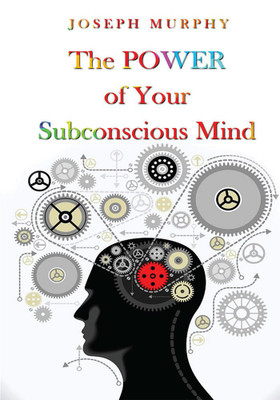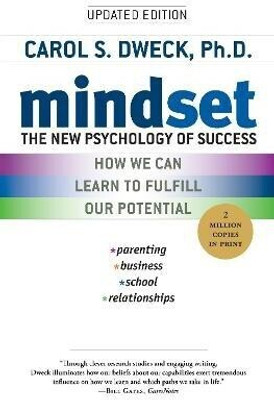
From Lattus to Lasers with 1 Disc (English, Paperback, Ahluwalia Sanjeev S)
Share
From Lattus to Lasers with 1 Disc (English, Paperback, Ahluwalia Sanjeev S)
Be the first to Review this product
Special price
₹299
Coupons for you
T&C
Available offers
T&C
Delivery
Check
Enter pincode
Delivery by15 May, Thursday|₹68
?
View Details
Highlights
- Language: English
- Binding: Paperback
- Publisher: The Energy and Resources Institute, TERI
- Genre: Business & Economics
- ISBN: 9789394657021, 93-94657-02-9
- Edition: e1, 2022
- Pages: 84
Services
- Cash on Delivery available?
Seller
Specifications
Book Details
| Imprint |
|
| Publication Year |
|
| Table of Contents |
|
| Number of Pages |
|
Contributors
| Author Info |
|
Audio Book Details
| Number of Discs |
|
Dimensions
| Width |
|
| Height |
|
| Length |
|
| Depth |
|
| Weight |
|
Have doubts regarding this product?
Safe and Secure Payments.Easy returns.100% Authentic products.
Back to top






